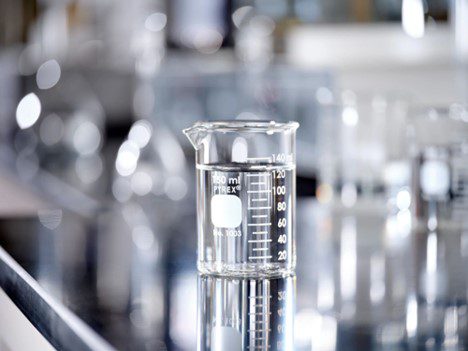Tech Talk: New Renewable Fuels Podcast Features GE Aerospace’s Efforts to Reduce Aviation Emissions
October 25, 2023 | by Chelsey Levingston and Meti Berhanu
For the aviation industry to reach its emission reduction goals, new propulsion technologies and alternative fuels such as Sustainable Aviation Fuel (SAF) are needed. In fact, SAF and other new energy sources could play one of the most significant roles toward the industry’s net zero CO2 emissions target.
With that in mind, GE Aerospace engineers joined a newly released episode of a renewable fuels podcast to speak to the role the company’s new aircraft engine technologies in development could play in reducing flight emissions, as well as how GE Aerospace is supporting SAF testing and qualification with its engines.
Jeff Shaknaitis, customer sustainability leader, and Brice Dally, senior staff engineer for SAF, walked the team at Topsoe, a global leader in energy-efficient technologies, through how GE Aerospace is shaping the future of flight. The episode, ‘Propelling the aviation industry towards 100% unblended SAF,’ is available here.
“When you combine the open fan, the next generation core and hybridization, what we’re targeting is a 20% fuel efficiency improvement over today’s technology,” Shaknaitis said.
GE Aerospace is currently carrying out one of the company’s most extensive technology development roadmaps in its history through demonstrators including the CFM RISE program and the Electrified Powertrain Flight Demonstration (EPFD) project. Additionally, GE Aerospace has a more than 15-year history with SAF, since efforts to test non-petroleum-based fuel began. All GE Aerospace engines can operate with approved SAF blends today.
Currently, GE Aerospace is teaming up with Boeing, NASA, United Airlines and more on ground and in-flight testing of SAF on carbon and non-carbon emissions, including how SAF affects contrails. These tests can aid in efforts to move from the current approval of a 50% blend of SAF and conventional jet fuel towards 100% SAF.
Standards-setting organization ASTM “has qualified eight pathways to be able to make sustainable aviation fuel blending components. These eight different pathways are different feedstocks, as well as different technologies that result in different fuel compositions in the back end,” Dally said.
“When we look at that roadmap and what it’s going to take to hit a net zero in 2050, a 50% [SAF blend] is not going to be good enough...We are pushing forward at ASTM to create standards to allow SAF to be used unblended with conventional fuel up to 100%,” Dally added. 





